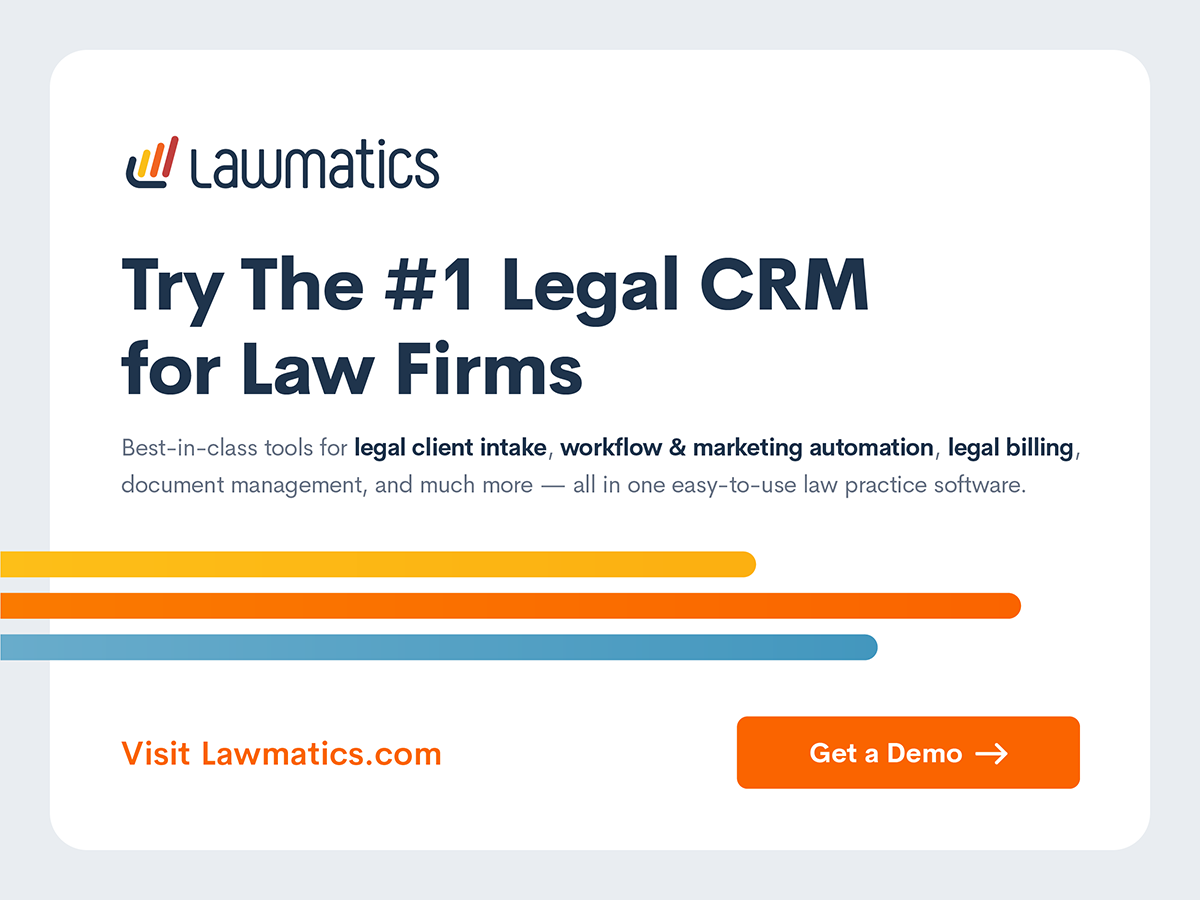“Gen Zers will become an increasingly large cohort of attorneys at law firms,” says J.B. Pullias, a Senior Director at VOYlegal. “And that means management will have to understand the different way they look at their careers.”
Attracting the best new talent — and keeping it onboard over the long term — may require a retooling of the workplace in general and personnel practices in particular. “Gen Zers are an incredibly unique workforce,” says Zachary Ginder, PsyD, MSW, Executive Director at Pine Siskin Consulting. “Applying time-tested management techniques with the incoming generation will not achieve the results of the past.”
So what will work? Here are some ideas.
WORK-LIFE BALANCE
The pandemic has had a profound effect on workplace attitudes. “Gen Zers’ experience with COVID means they have come from an environment that is different from any other generation’s,” says Pullias. “They have their own ideas about remote work, the practice of law and career fulfillment.”
That different attitude includes a commitment to work-life balance, meaningful labor and a diverse workplace, notes Pullias. “For Gen Z attorneys, a career is not just about money. They’re more interested in doing something that’s fulfilling and makes them feel passionate. They are also more socially aware and favor employers who are involved in the community.”
The carrots and sticks that used to work on older generations may not work on younger attorneys, says Pullias. One particular carrot that may be fading: the lure of partnership. “At one time, it was generally understood that young attorneys who put in the time ultimately had a good shot at making partner,” he says. “That made the difficulty of the early years of practice worth the effort.”
“Gen Zers are an incredibly unique workforce. Applying time-tested management techniques with the incoming generation will not achieve the results of the past.”
Times have changed. “Gen Zers are seeing the writing on the wall: It is far more difficult to make equity partner now,” says Pullias. “You could do everything right, play all the games, get in good with all the right people, do excellent work, sometimes even bring in business as an associate and still be overlooked. And there is only a limited number of spaces available.”
The lure of a top job in Big Law also seems to elude many Gen Zers. “Surveys show they are thinking more about nonlaw firm opportunities such as nontraditional legal paths, in-house roles, nonprofit work or JD preferred positions,” Pullias says. “This attitude shift is a big deal for law firms concerned about attracting a steady stream of young attorneys interested in the profession.”
JOB HOPPERS
If many 20-somethings fail to see a favorable cost-benefit analysis for working toward partnership, law firms will need to reengineer their retention policies. Failure to do so can result in a steady talent leak — for the fact is that Gen Zers are likely to jump ship at the sight of greener grass.
“The stigma of job hopping is not as present for Gen Zers as previous generations,” says Ginder. “If the work is not interesting, or fails to check their motivation boxes, they are more likely to leave than stay and grind it out.”
“For Gen Z attorneys, a career is not just about money. They’re more interested in doing something that’s fulfilling and makes them feel passionate. They are also more socially aware and favor employers who are involved in the community.”
Furthermore, Gen Zers have access to a wider selection of greener grasses — thanks to the internet. “We live in a society where there’s just so much more access to information and so many more outlets for people to anonymously air their grievances about employers,” says Pullias.
Prospective hires can get candid information on a law firm by reading posts from current and former staff members on sites like Fishbowl, a recent Glassdoor acquisition that has gained something of a following in the legal industry, noted Ginder. “Attorneys can freely talk about their firms and exchange information about work culture, and what particular offices are like, in an anonymous way.”
KEEPING TALENT
No law firm wants to invest a lot of time in developing talent that ends up leaving quickly after starting. So, the question becomes, how do you keep Gen Zers committed? How do you keep them motivated?
The industry would do well to concentrate on these attractants:
1. Develop a healthy workplace.
“Workplace culture is extremely important to Gen Zers,” says Pullias. “There’s an increasing refusal of younger attorneys to accept things that have typically been very prominent in the practice of law and swept under the rug. Toxic behavior has to be stamped out, even if it’s coming from highly profitable partners.”
2. Commit to diversity.
“I sense that Gen Z attorneys are considerably more resistant to hypocrisy when they encounter it,” says Pullias. “For example, if a law firm very publicly claims to champion diversity and inclusion as a paramount objective, yet clearly ignores this commitment in practice, Gen Z takes note. They respect action, not words. The best way for a firm to strengthen its reputation with Gen Z in such areas is to live up to their promises and let the results speak for themselves.”
3. Establish gender equity.
“An important part of workplace culture is the treatment of female attorneys,” says Pullias. “Women now outnumber men in law school. Law firms have to understand the unique issues and challenges that female attorneys face, including inflexibility for mothers, rampant female discrimination, and a lack of alternative career paths for women who don’t want to make partner.”
“Whether senior leadership likes it or not, things are changing and will only change further. The law firm that wants to attract and retain Gen Z attorneys must understand they can’t just keep doing the same thing year after year and get the same results.”
4. Promote work transparency.
“Gen Zers want clear understanding about what is expected of them,” says Pullias. “This is particularly important when it comes to whether remote work will have a negative effect on the attorney’s career or earning potential.”
5. Set predictable schedules.
“One of the most common reasons young attorneys want to leave their firms, or the profession altogether, is the unpredictability of their schedules, and having to be on call 24/7,” says Pullias. “They never know if they can make plans for the weekend because they might get an urgent need from a partner or client. That weighs on people after a while, especially those that don’t have a baked in mindset of doing whatever it takes to succeed. I see this affecting Gen Z far more than older generations.”
CHANGE IS HAPPENING
The firm that sets a positive stage early will have a better chance of fostering an effective performance from Gen Zers.
“Whether senior leadership likes it or not, things are changing and will only change further,” says Pullias. “The law firm that wants to attract and retain Gen Z attorneys must understand they can’t just keep doing the same thing year after year and get the same results.”


